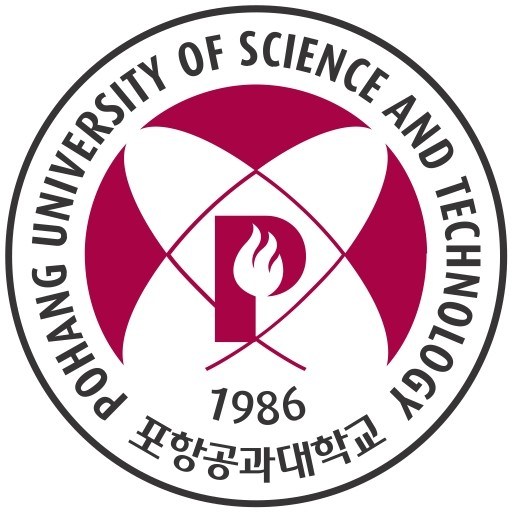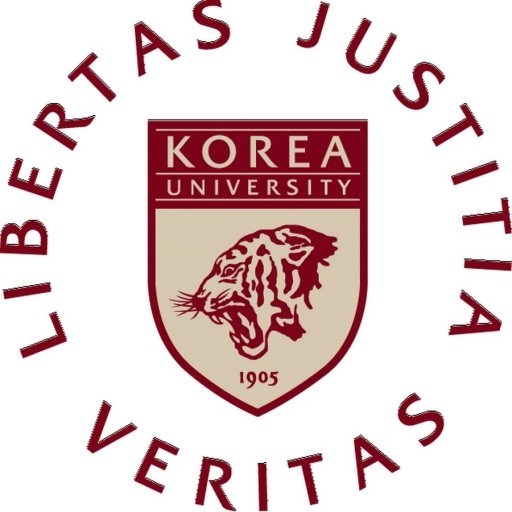Graduate study in chemical engineering provides the opportunity to both strengthen the fundamentals of core subjects and focus on specific sub-disciplines. The department offers specialization in four areas. After joining the graduate program, students select an advisor and focus area. These specialized opportunities are described as follows:
Biotechnology
Design and optimization of bioprocesses, bioreactor control, biocatalysis and biotransformation, genetic engineering, metabolic engineering, high density cultivation of extremophiles and photosynthetic microorganisms, foreign protein production in recombinant bacteria, yeast, plant, insect, and animal cells, genetic production of useful marine product, toxic material removal and sensing using recombinant microorganisms, biosensors and DNA chips, systems bioengineering, synthetic bioengineering, functional genomics and proteomics, functional protein chip, high-throughput screening for drug discovery, bioenergy production, bio-fuel cell and cell-free protein synthesis.
Energy and Environment Technology
Chemical and biological approaches are taken to develop energy and environmental technologies. Among the energy technologies, the following are representative topics of current research; hydrogen generation from water and solar energy by using photocatalysis and biological methods; development of solid hydrogen storage materials; and materials and system development for fuel cells, solar cells, batteries, ultracapacitors and optical devices. The development of nanostructured materials for energy applications is the focus of many related research projects currently performed in this area. Environmental technologies include both the end-of-the-pipe cleaning technologies as well as intrinsically clean and benign technologies. Topics include air pollution control (NOx, SOx, VOC, dioxins, etc.), water and wastewater treatments, bioremediation, and development of energy-efficient and environmentally-acceptable chemical processes. Related faculty members have strong backgrounds in heterogeneous/homogeneous/photo catalysis and biotechnology.
Information Technology
Chemical technology plays a critical role in information technology. Numerous materials and processes are utilized in the IT industries for electronic, photonic and display devices. High dielectric constant materials, phase change materials, ferroelectric materials, organic insulators and semiconductors, light emitting materials and other nanostructured materials for IT devices are studied. Also materials and processes for molecular electronics are studied including self-assembled monolayers for device applications. Chemical vapor deposition, atomic layer deposition, spin coating, evaporation, vapor phase deposition, dipping and other process technologies are studied to make various thin films, organic layers and other nanostructures. Many of the research activities are sponsored by national projects and also by many companies in IT industry. Faculty members are also actively involved in the interdisciplinary research programs with the Nano Integration Research Center established in POSTECH. Some of the ongoing projects include process and materials development in nano-CMOS, organic thin film transfers, and field emission devices.
Nanotechnology
Nanotechnology is the true driving force of the technological revolution in the 21st century. The fundamental understanding of the scientific principles at a nanometer scale is essential in this area, and new courses are continuously being developed. Quantum mechanics and band theory is as important as reaction engineering or transport phenomena. Researches currently pursued in the chemical engineering department are focused in three major areas: Nanomaterials, Nanodevices, and Nanoprocessing. Topics include the synthesis of nanotubes, nanowires, nanoparticles and nanotemplates, the fabrications of semiconductors, vacuum tubes, microbatteries, microsensors and microfuel cells, and the processing technologies such as atomic layer deposition, rapid microwave annealing and self-assembly monolayers.
- CHEB 502 Patent Strategy for Researchers
- CHEB 511 Catalysis
- CHEB 522 Molecular Thermodynamics
- CHEB 531 Bioreaction Engineering
- CHEB 541 Statistics for Engineers
- CHEB 551 Engineering Optimization
- CHEB 552 Computer Control Theory
- CHEB 553 Clean Process & Energy System
- CHEB 561 Integrated Circuit Processing
- CHEB 562 Plasma Reaction Engineering
- CHEB 611 Advanced Reaction Engineering
- CHEB 621 Advanced Thermodynamics
- CHEB 631 Advanced Biochemical Engineering
- CHEB 641 Advanced Chemical Engineering Mathematics
- CHEB 642 Advanced Transport Phenomena
- CHEB 643 Advanced Metabolic Engineering
- CHEB 644 Transcriptional Regulation for Synthetic Biotechnology
- CHEB 651 Process Dynamics and Control
- CHEB 652 Process Systems Analysis
- CHEB 661 Advanced Polymer Engineering
- CHEB 699 Master Thesis Research
Requirements
- Applicants must fill out the online application.
- Personal Statement and Research Plan - Download format from the website: http://admission.postech.ac.kr/linkUsen.do?f=sub3-2
- Curriculum Vitae (Free style personal resume)
- Copy of Passport
- Signed Consent Form - Download format from the website: http://admission.postech.ac.kr/linkUsen.do?f=sub3-2
- List of Honors and Awards (optional) - Applicants who have received any honors, awards, or fellowships during their undergraduate or graduate studies may list them in the order of importance.
- Application fee: 80 USD or 80,000 KRW
- Official Transcript(s)
- Degree Certificate(s)
- Recommendation Letters - From two recommenders (academic faculty) - Must be e-mailed or sent by post directly by each recommender, enclosed in a sealed envelope.
- Score Report of English Proficiency Test - The official TOEFL/IELTS Score Report issued by ETS/British Council can be sent to POSTECH Graduate Admissions and Student Affairs directly by requesting it at the ETS/ British Council website. Applicants must enter POSTECH’s institution code (0329) in order for ETS to send the official score report to our office. - TOEFL ITP organized only by POSTECH is accepted
- Degree Theses (option
Want to improve your English level for admission?
Prepare for the program requirements with English Online by the British Council.
- ✔️ Flexible study schedule
- ✔️ Experienced teachers
- ✔️ Certificate upon completion
📘 Recommended for students with an IELTS level of 6.0 or below.
Scholarships
- Korean Government Scholarship Program (KGSP)
- Global Education
- POSCO Asia Fellowship
- SK hynix Fellowship
- POSTECH Teaching or Research Assistantship
- POSTECH Fellowship for Excellent International Students(PFES)
- POSTECH Settlement Allowance for New International Students


